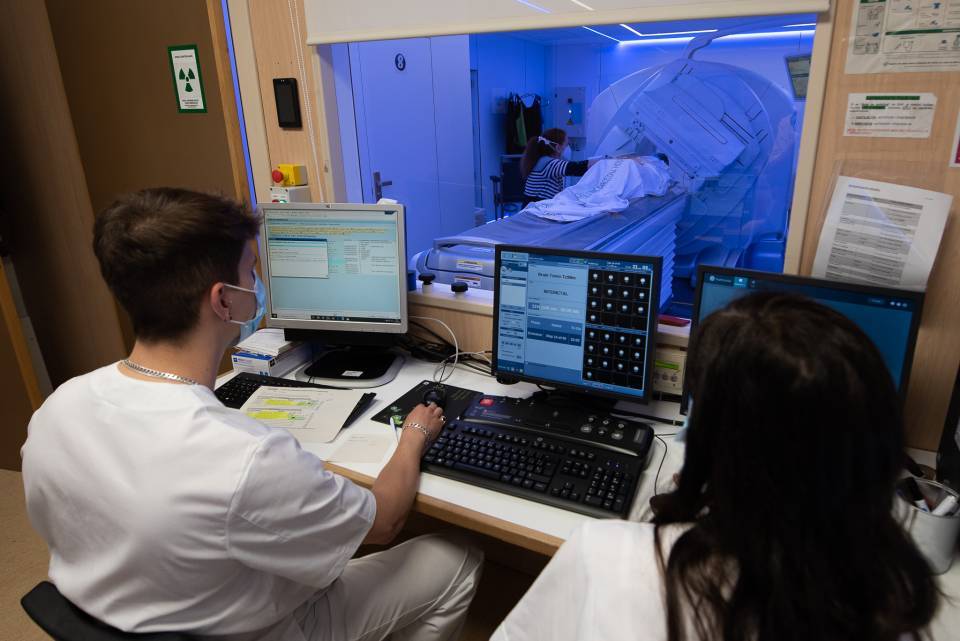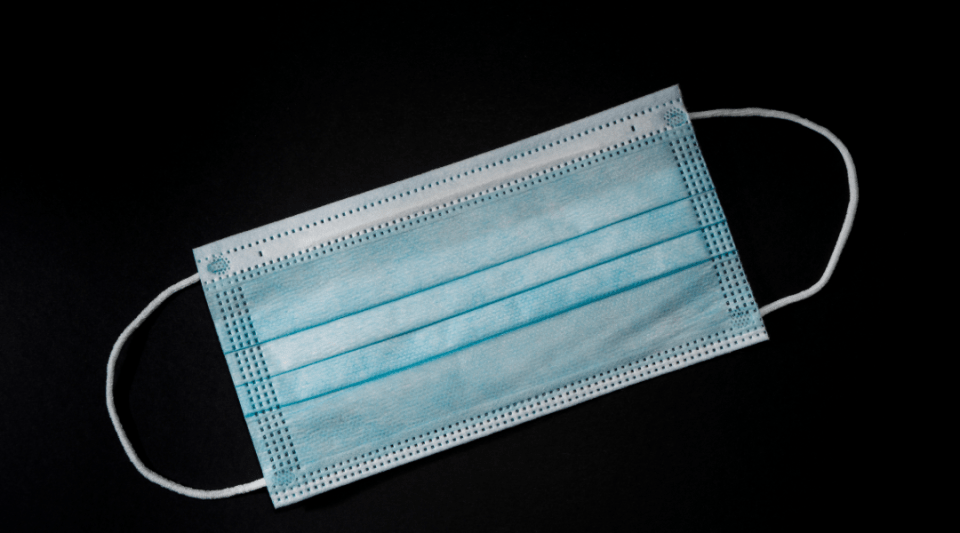The Clínic Barcelona improves the early diagnosis of Alzheimer’s disease with the detection of biomarker p-tau217 with a blood test that can predict the presence or absence of the disease in patients with cognitive impairment. This method has proven to be highly accurate, as well as cheaper and less invasive than the methods used to date. It is estimated that approximately 8 out of 10 patients will be diagnosed with this new diagnostic technique, with the benefits that this entails for patients and health centres. This advance positions the Clínic as the first centre in Spain to implement this technology.
“Biomarker p-tau2017 makes it possible to classify between 70%-80% of patients correctly. So, fewer than 20%-30% of cases require other tests such as lumbar puncture to try to reach a diagnosis,” explains Dr. Albert Lladó, head of the Alzheimer’s Disease and Other Cognitive Disorders Unit at the Clínic Barcelona. Until now, the differential diagnosis of Alzheimer’s disease and other forms of dementia depended on invasive and expensive techniques such as lumbar puncture, to obtain cerebrospinal fluid, or positron emission tomography (PET) with amyloid markers. This new technique, introduced at the Clínic on 8 March 2024, offers an alternative to lumbar puncture and PET. This new diagnostic test is leading to a significant change in the management of the disease, which will soon be reflected in clinical guidelines.
It allows for a less invasive intervention, a reduction in pain and discomfort and a lower risk of complications for the patient, in addition to a reduction in radiation (due to the PET). Dr. Lladó adds that, “by being able to make the diagnosis with a blood test, more patients will be able to access biological confirmation of the diagnosis of Alzheimer’s disease, as not everyone can have a lumbar puncture”.
The implementation of plasma p-tau217 assays has reduced the need for technically complicated and costly procedures, significantly improving access to early and accurate diagnosis. Dr. Mircea Balasa, neurologist in the same unit, says that, “Not all centres are able to perform a lumbar puncture, and it takes longer than a blood test. In this way, a faster diagnosis is achieved”.
According to Dr. Josep Maria Augé, from the Biochemistry and Molecular Genetics Service of the Biomedical Diagnostics Centre at the Clínic, “ by analysing p-tau217 in blood, it is possible to use the same routine test that is performed to rule out other possible causes of dementia”, and he adds, "we currently perform around 100 evaluations per month, and we offer this test to other centres".
This technique has been studied in over 500 patients at the Clínic. The results obtained consolidate the efficacy of this new biomarker. In 45% of the patients who visit the Alzheimer’s Disease and Other Cognitive Disorders Unit, the p-tau217 test suggests that the diagnosis is compatible with Alzheimer's disease, with a 96% accuracy rate. In 33% of cases, the biomarker indicates that the cognitive impairment is not due to this disease, with a 90% accuracy rate. So, 78% of patients could be diagnosed correctly using this blood biomarker alone, without the need for a lumbar puncture.
Therefore, the introduction of plasma p-tau217 assays at the Hospital Clínic Barcelona not only marks a crucial step forward in the diagnosis of Alzheimer’s disease, it also changes the management of the disease at a clinical level. This paradigm shift in the management of the disease not only improves the diagnostic process for patients, it also optimizes healthcare resources, enabling faster and more effective intervention.




